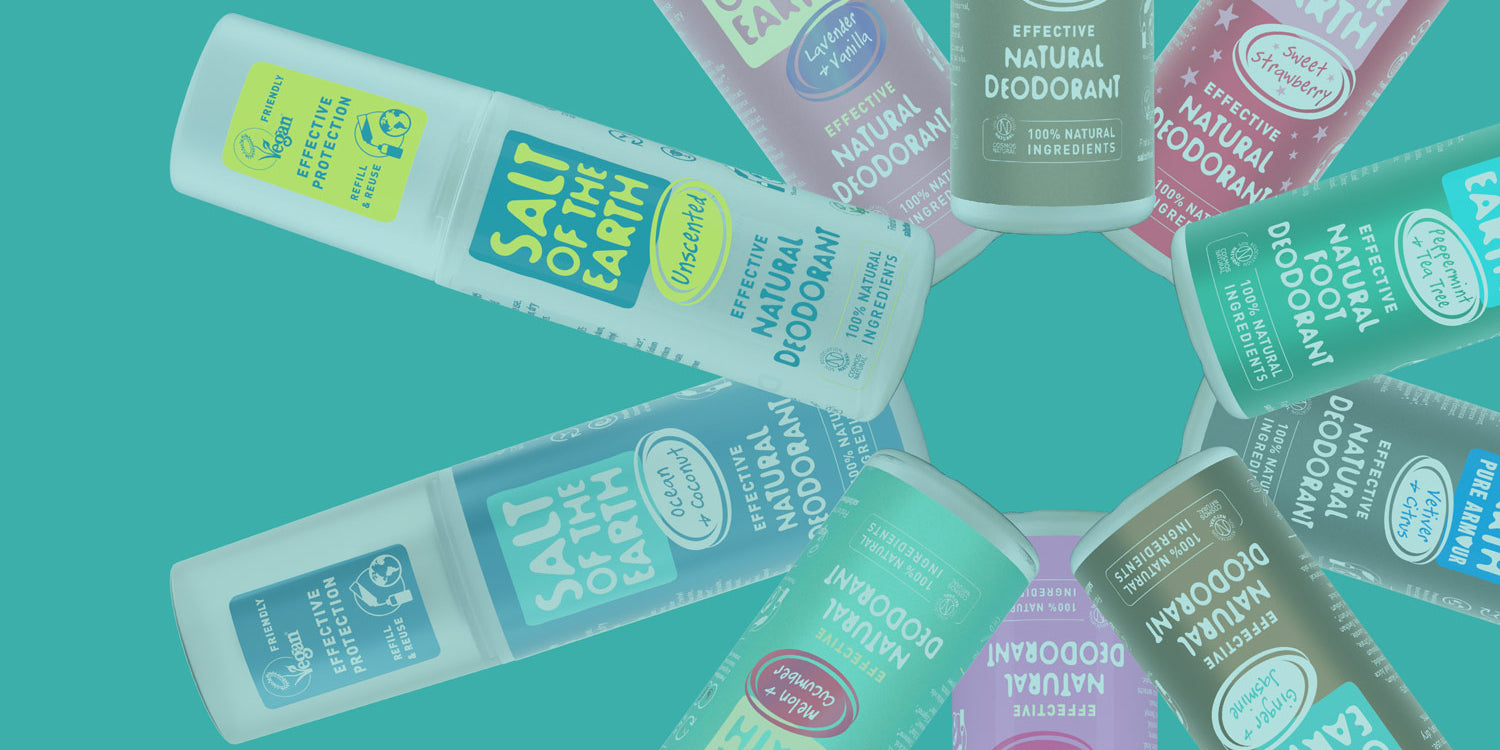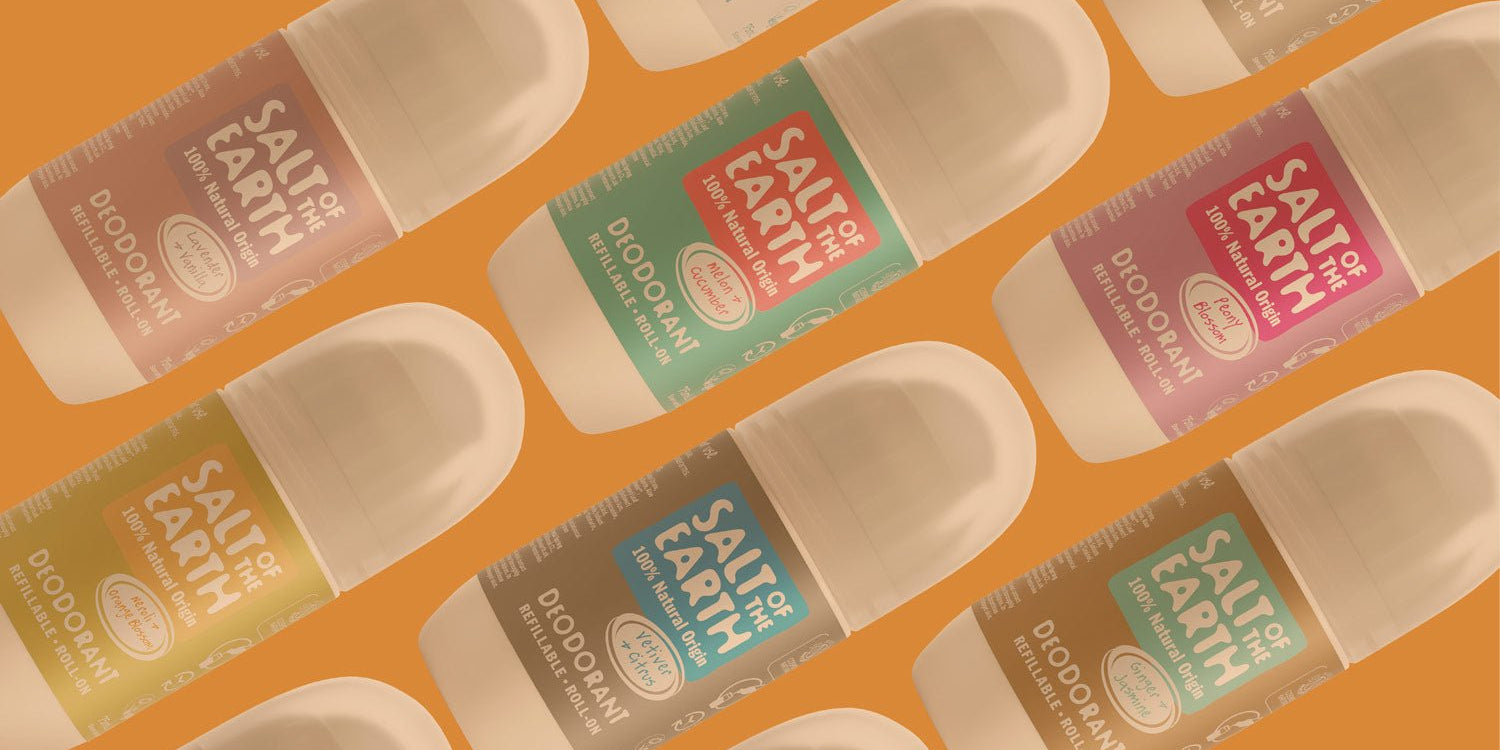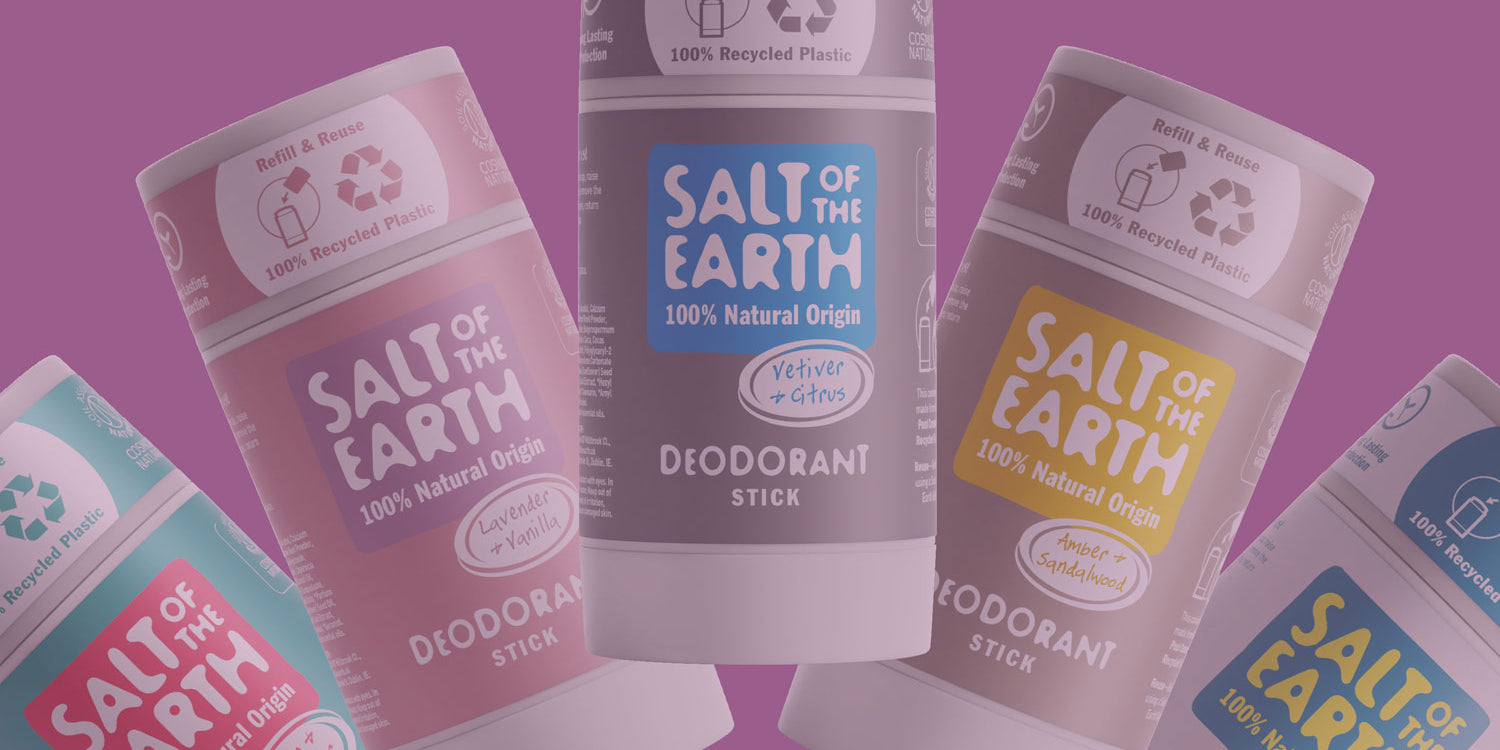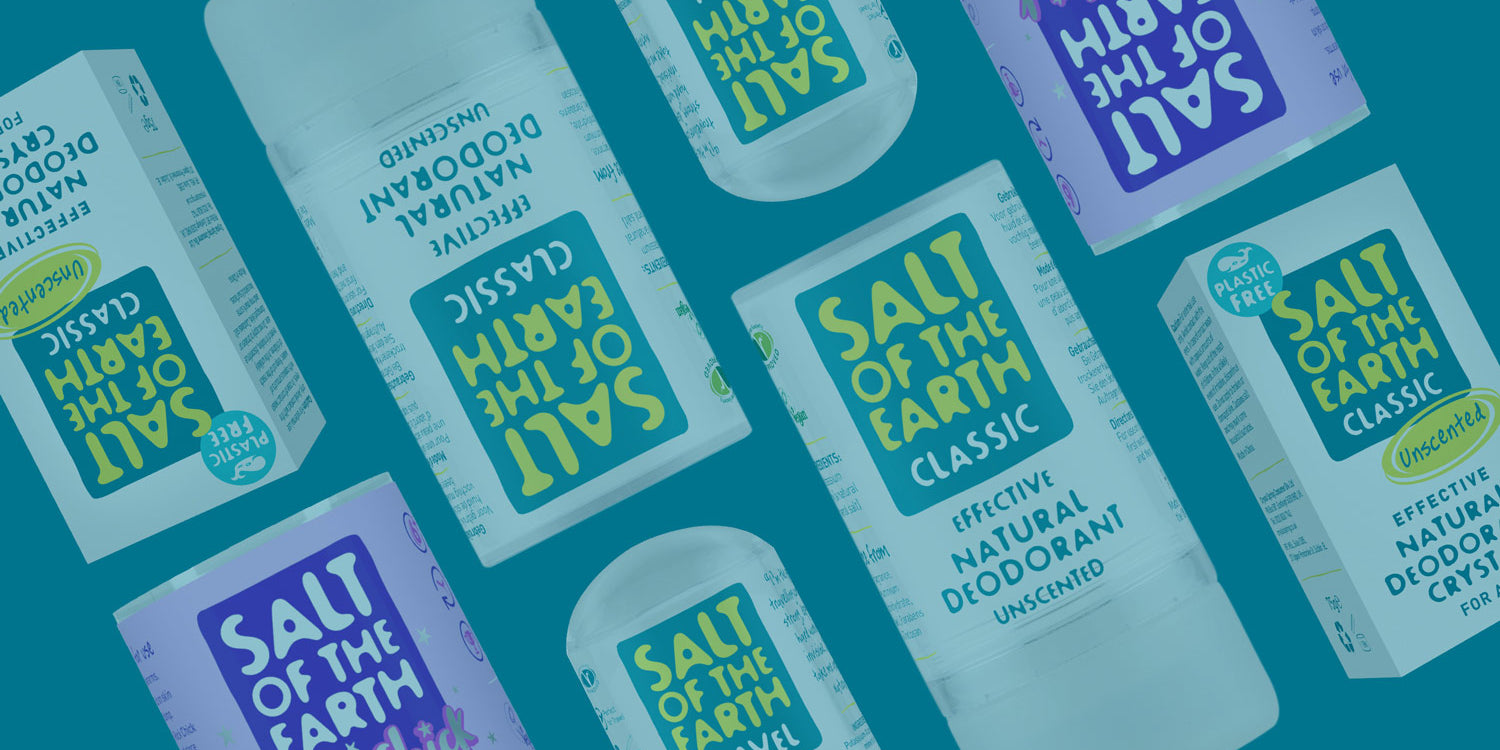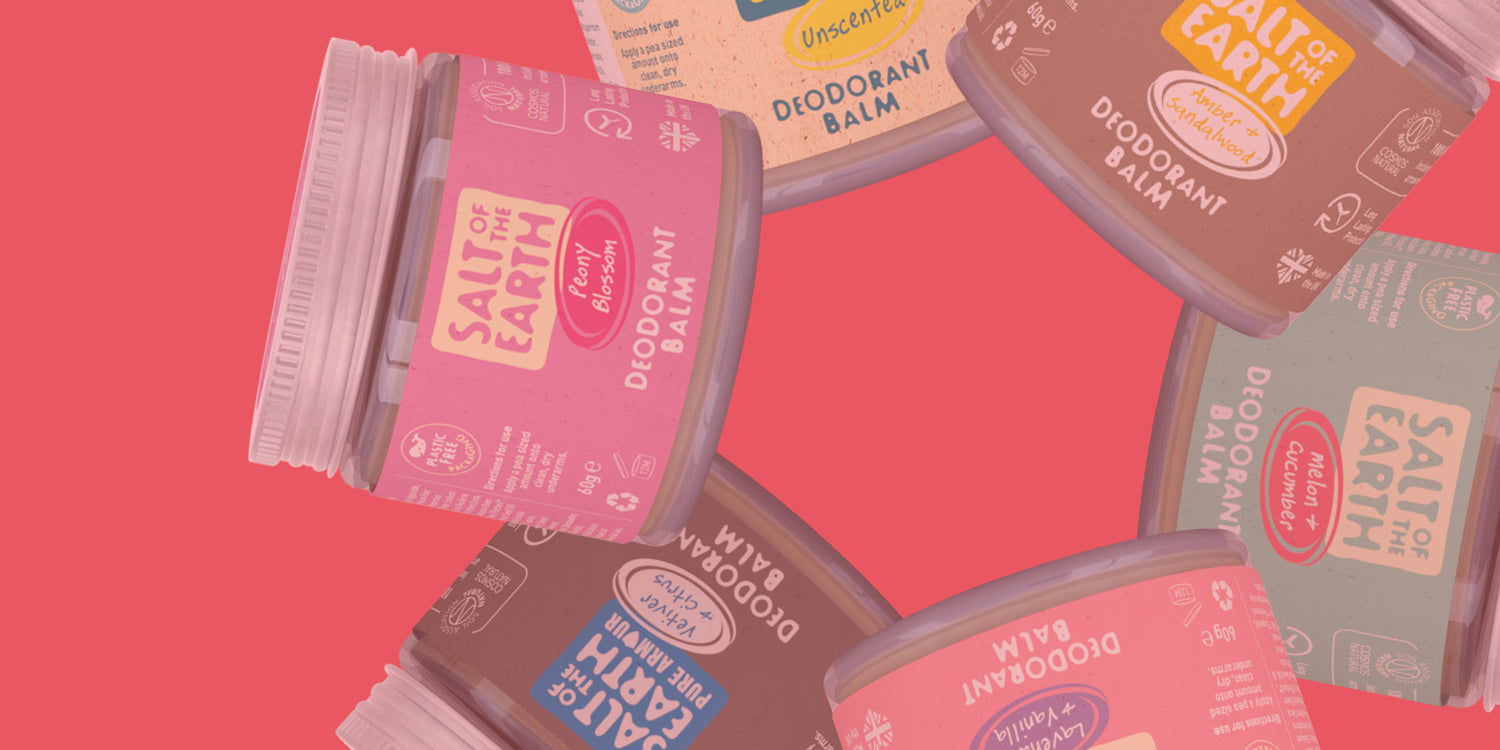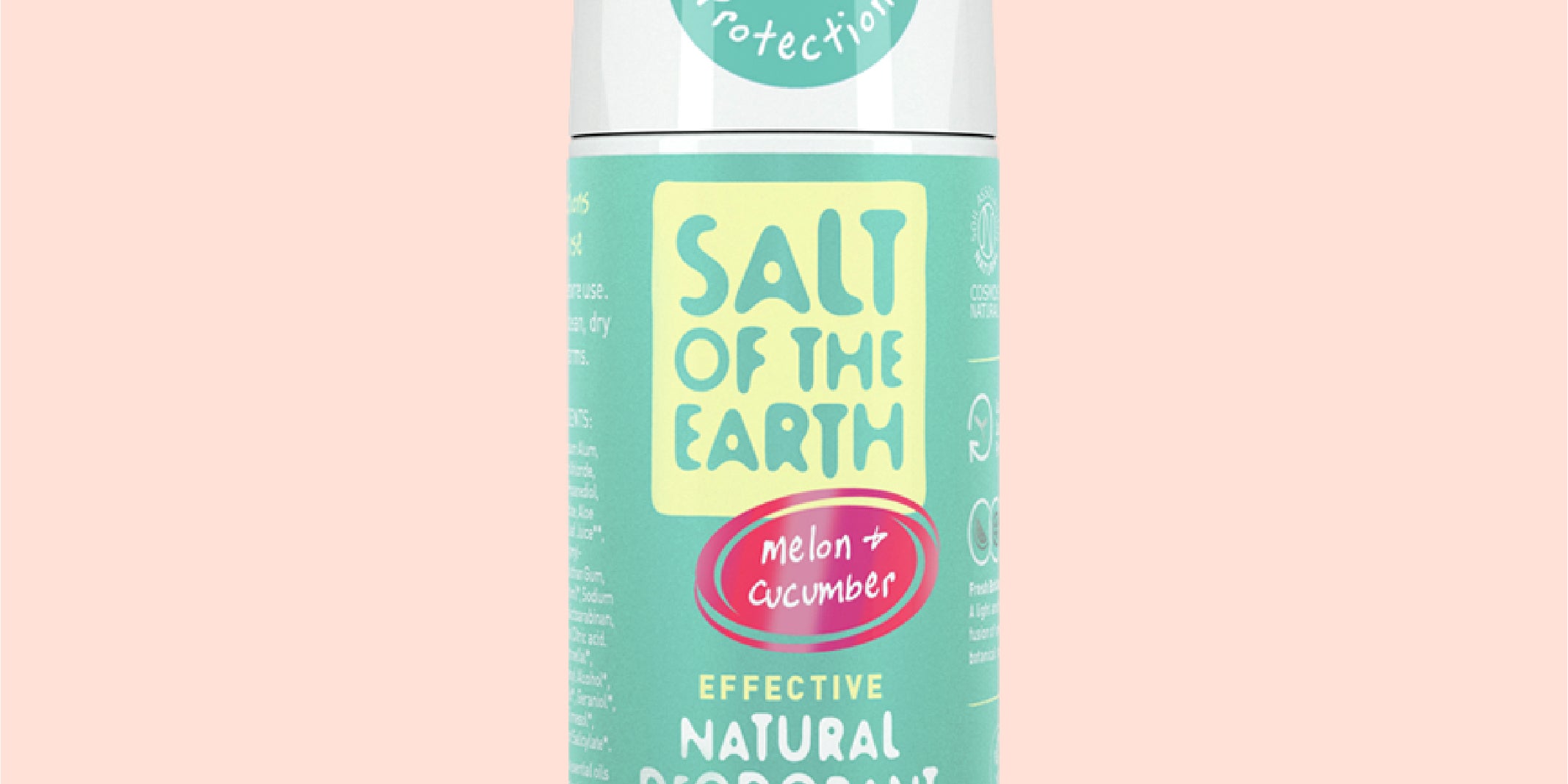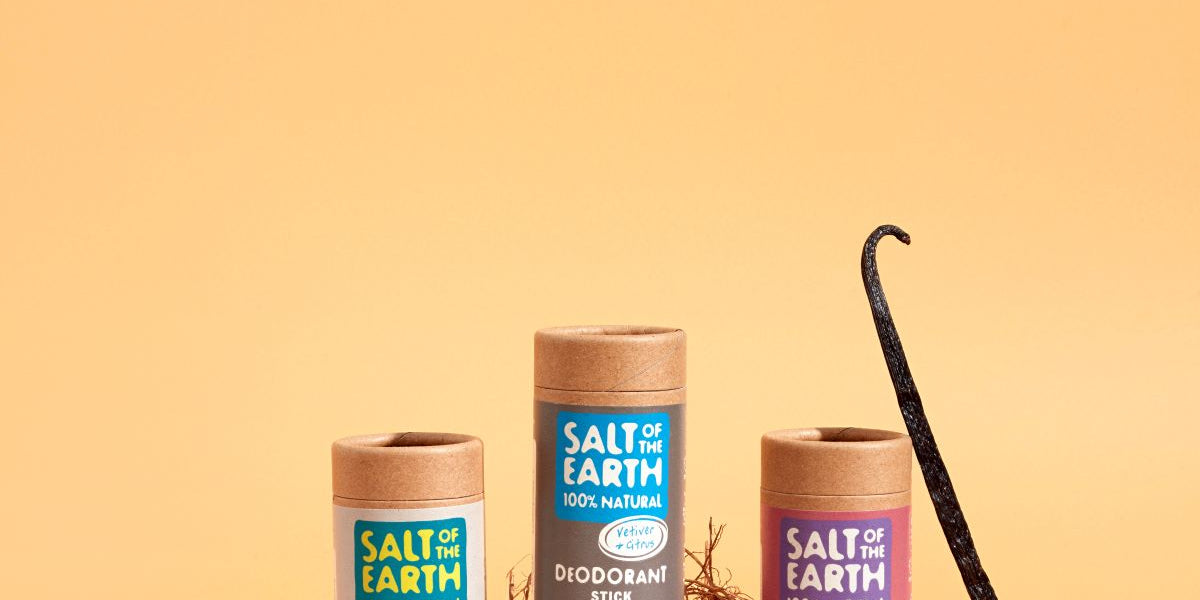Sweating is the release of a liquid (mainly water and minerals such as salt) from the body’s sweat glands onto the skin. The process is also referred to as perspiration. Sweating is a natural and essential function, a result of a process known as Thermoregulation, which helps to cool the body, keeping it at its normal temperature of around 37 degrees.
We are constantly sweating, even though we may not notice it all of the time. This is because every process our body undertakes, such as breathing, digesting and so on creates energy and heat which needs to be regulated. Perspiration occurs more in warm climates and during exercise or when we are stressed and anxious. Emotionally caused perspiration is often limited to specific areas such as the hands and armpits, while sweating caused by physical exertion or a rise in temperature, occurs all over the body.
The amount we sweat depends on two things; how many sweat glands we have, and our state of emotion or level of physical activity. One person can have anywhere between two and four million sweat glands. Women have more sweat glands then men, but sweat less because male sweat glands are more active.
The Science of Sweating
Sweating enables the body to regulate its temperature according to Wikipedia.This process is controlled by the Hypothalamus, a part of the brain that is responsible for certain metabolic processes and activities of the autonomic nervous system. The Hypothalamus responds to increases in core temperature and to some degree increases in skin temperature. When the temperature of the body rises the Hypothalamus activates sweat glands to release sweat and cool the body. An article from beatpsoriasis.com explains further how sweating cools us down:
“When sweat evaporates from the surface of your skin, it removes excess heat and cools you. This is actually due to a neat principle in physics, which goes like this. To convert water from a liquid to a vapour, it takes a certain amount of heat called the heat of vaporization. This heat energy increases the speed of the water molecules so that they can escape into the air. Typically, all of the sweat does not evaporate, but rather runs off your skin. In addition, not all heat energy produced by the body is lost through sweat. Some is directly radiated from the skin to the air and some is lost through respiratory surfaces of the lungs.”
There are many causes for sweating, some are listed below:
- Emotional or stressful situations (anxiety)
- Exercise
- Warm temperatures
- Fever
- Alcohol
- Caffeine
- Certain medicines, including thyroid hormone, morphine, drugs to reduce fevers, and medicines to treat mental disorders
- Infection
- Menopause
- Spicy foods (known as "gustatory sweating")
- Withdrawal from alcohol or narcotic pain killers
This list is by no means comprehensive and other causes may include health problems such as an overactive thyroid and diabetes, smoking and wearing synthetic clothing. Sweating is a normal and necessary process, although at times it can be a nuisance, without it our body would be in serious trouble.
Sweating and Body Odour
It may come as a surprise that sweat itself has no odour, but does play a part in the production of Body Odour (or BO). Bacteria that live on our skin feed and thrive on sweat, breaking it down into acids. It is in fact these acids that release the distinctive pong of body odour, and while unfortunate, it is very easy to prevent and treat (see Body Odour – What Causes It?). To prevent odour from occurring after sweating, it is important to practice good personal hygiene. After sweating wash your face and body thoroughly using warm water and a good antibacterial soap. You should always change your clothes, and drink plenty of water to replace lost bodily fluids. You can also lower the room temperature, or head outside for some fresh air, to prevent further sweating and to help cool yourself down.

